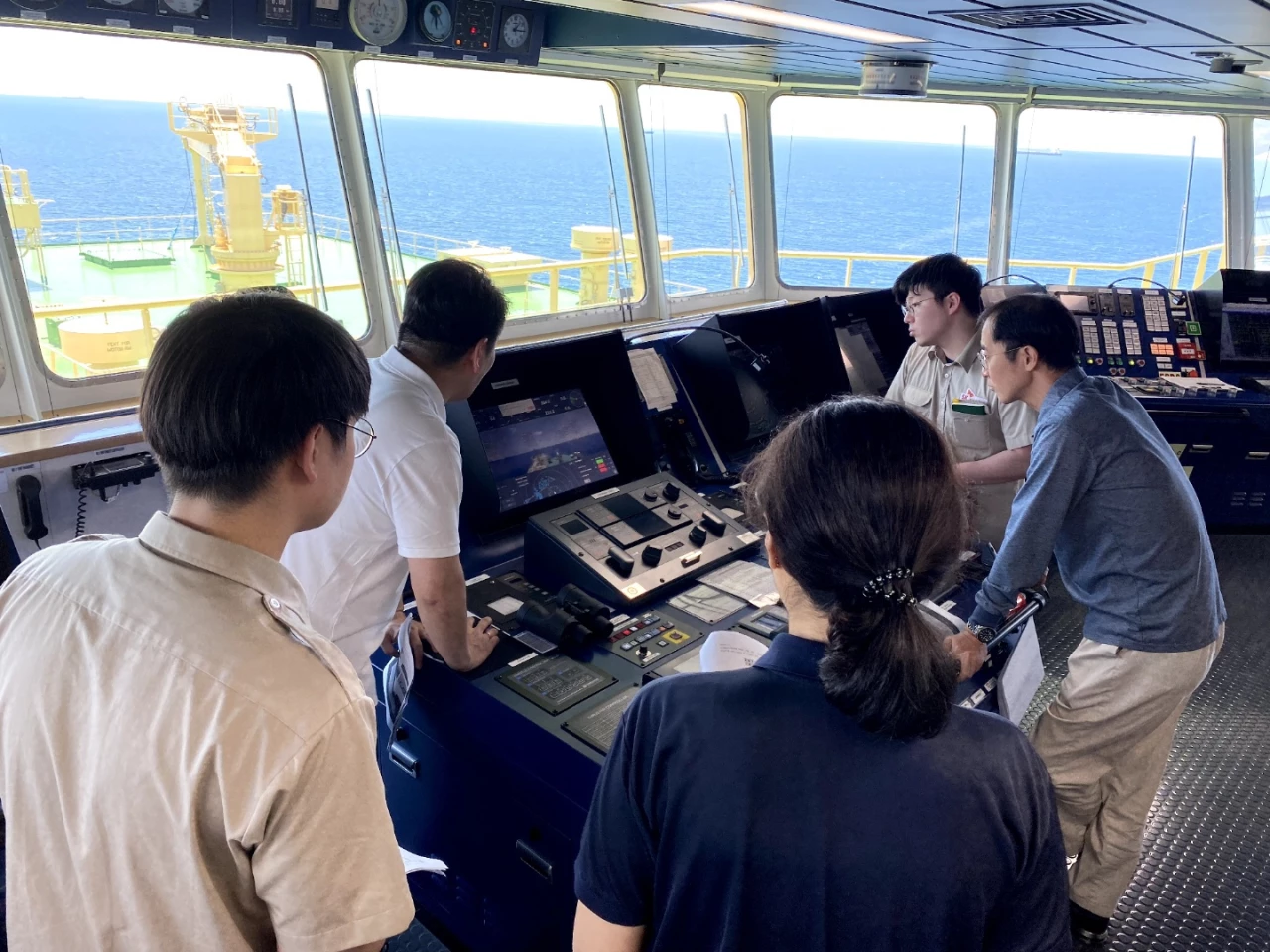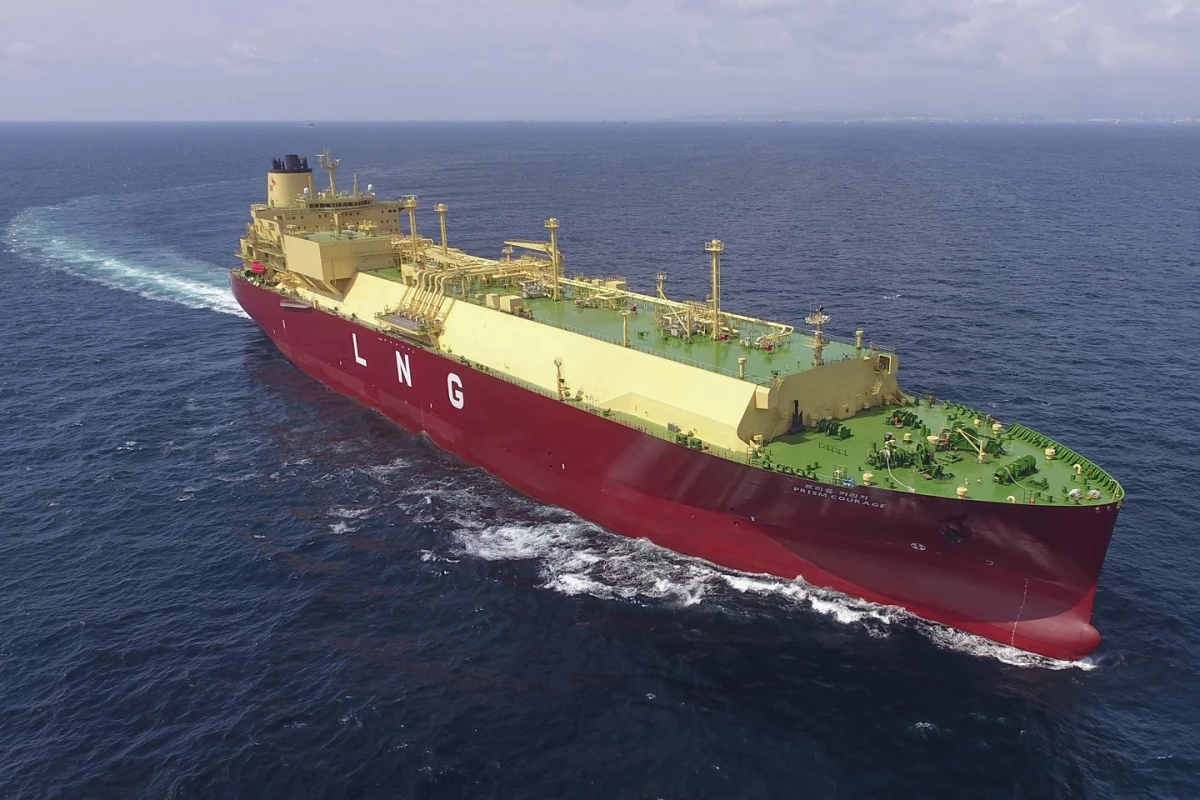HD Hyundai has announced that the Prism Courage, a 122,000 tonne ultra-large natural gas tanker operated by its subsidiary Avikus, has become the first large ship to make an ocean passage of over 10,000 km (6,210 miles) under autonomous control.
A ship that is capable of sailing itself isn't new. Even the smallest vessel can be equipped with an automatic pilot and it isn't uncommon to come across stories of freighters steaming into harbor without a soul aboard after being prematurely abandoned by their crews. In fact, even a sailing craft without a single bit of electronics aboard can keep a steady course if the sails are set properly and the tiller secured.
However, that is a very different thing from an autonomous ship making a passage. An automatic pilot simply allows a craft to maintain a heading and maybe it can be programmed to respond to things like GPS waypoints and currents, but an autonomous ship must be able to handle many different kinds of sensor readings and to not only make decisions about how to respond to them, but to do so in accordance with the rules of the road and maritime law.

Which brings us to the Panama-flagged Prism Courage. The ship left Freeport, Texas on May 1, 2022, then passed through the Panama Canal and crossed the Pacific Ocean to arrive at the Boryeong LNG Terminal in South Chungcheong Province, Korea, after a voyage of 33 days.
During the latter half of the journey, the ship was under the control of the autonomous navigation system HiNAS 2.0, which not only steered it, but sought out the optimal routes and best speeds based on Hyundai Global Service’s Integrated Smartship Solution (ISS) artificial intelligence. This provided navigation as well as compensation for weather and wave heights and legally avoiding passing ships by steering in real-time.
The HiNAS 2.0 system provided an increase in fuel efficiency of 7 percent and a reduction of greenhouse gas emissions of 5 percent. In addition, it was able to locate and avoid other ships over 100 times. During the voyage, the Prism Courage was monitored by the American Bureau of Shipping (ABS) and the Korea Register of Shipping (KR) to confirm its performance and stability.
The goal is to prepare the HiNAS 2.0 for marketing by next year, after official certification.
"Avikus’ autonomous navigation technology was greatly helpful in this ocean-crossing test especially for maintaining navigating routes, autonomously changing directions, and avoiding nearby ships, which were all increasing ship crews’ work conveniences," said Captain Young-hoon Koh of the Prism Courage.
Source: HD Hyundai






